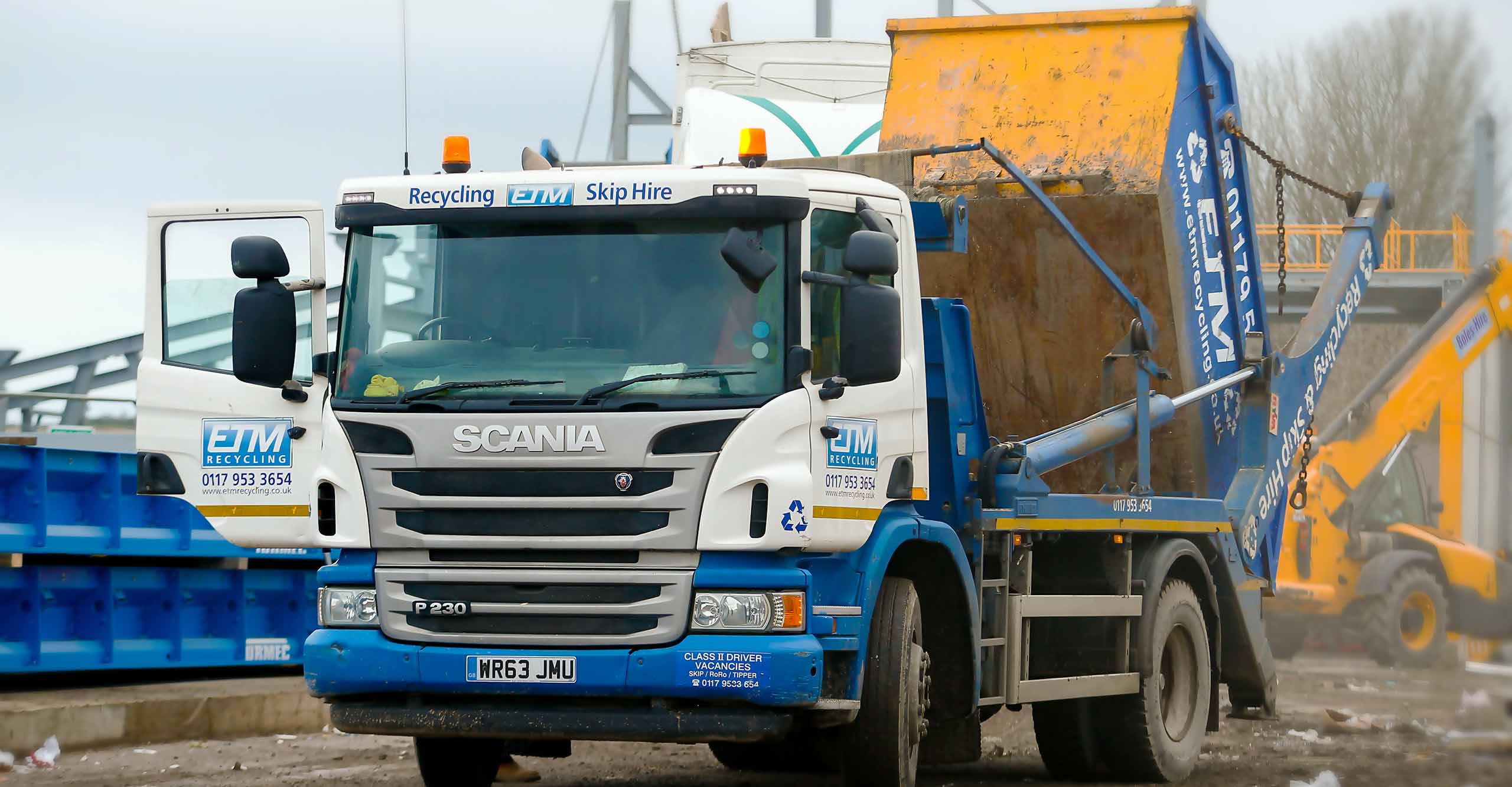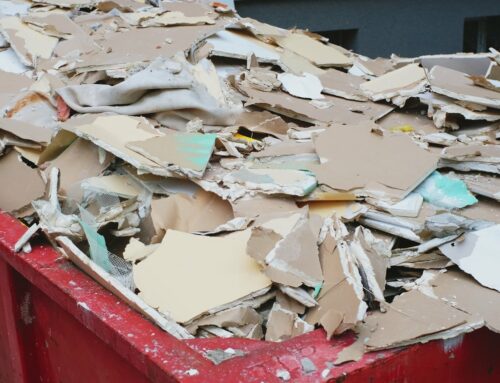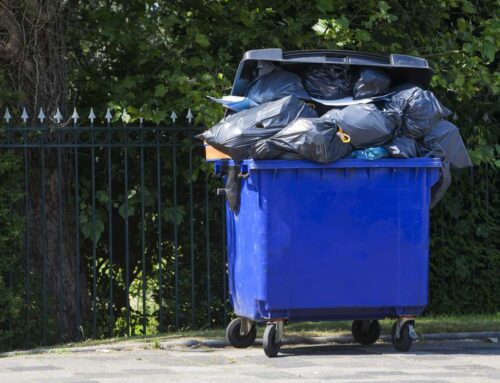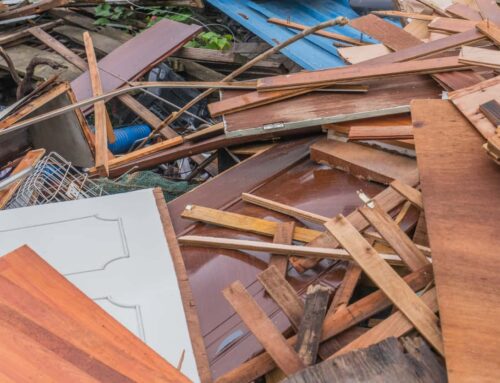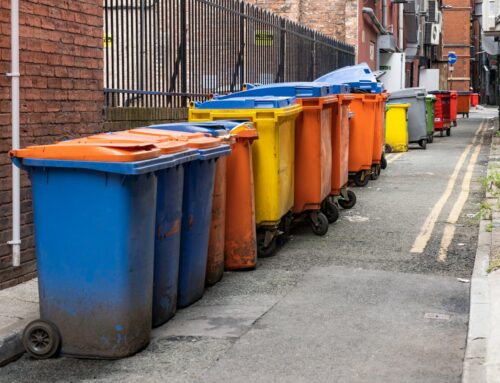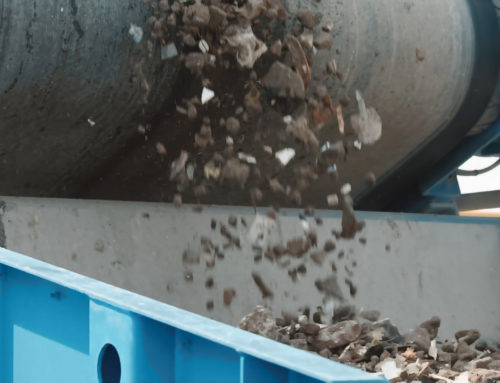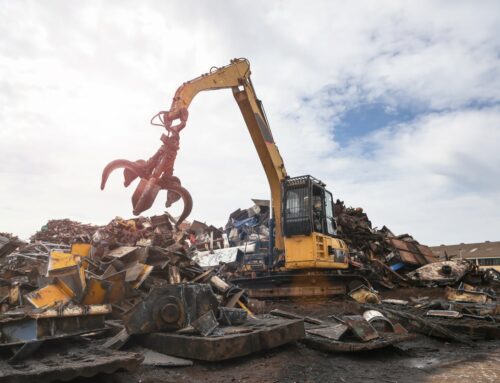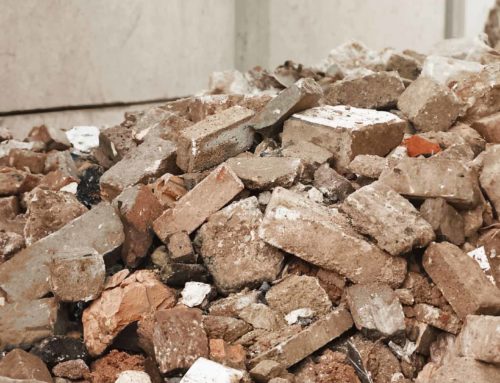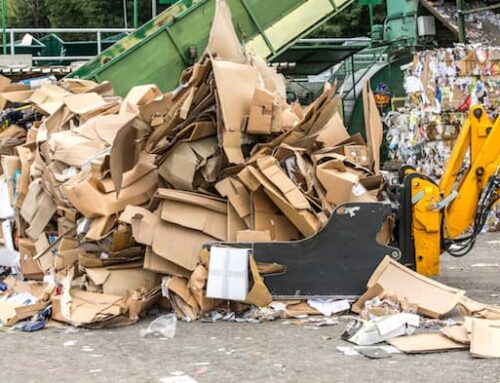When it comes to waste management, you have likely heard all about the benefits in terms of reducing harm to the environment. But good waste management is vital for many other incredibly important reasons — with public health being one of them.
The improper management of waste can lead to all kinds of outcomes that put our human health at risk. At ETM Recycling, we know how important it is for businesses to manage their waste in the best way – especially when it comes to improving their public reputation, and utilising their environmental credentials for a competitive advantage.
In this blog, we’re going to discuss a few examples of how poor waste management can impact public health, and why it’s so important to take it seriously.
Impact of Poor Waste Management on Public Health
Increased Air Pollution
Whilst we rely on landfills to dispose of much of the waste we produce on a daily basis, the contamination of landfill sites can generate detrimental health impacts, including the increase in air pollution.
The waste that ends up in landfill releases harmful chemicals and greenhouse gasses such as carbon dioxide, nitrous oxide, and methane. These chemicals contribute to air pollution which can lead to all kinds of harmful respiratory diseases. Research backs this up, showing that long-term exposure to air pollution can contribute to the development of lung conditions, including asthma and even lung cancer. In the UK alone, it is estimated that air pollution contributes to up to 36,000 early deaths every year!
Then there is the rubbish that is either not recycled or goes to a landfill where it is usually burned. The impacts of incinerator-generated air pollution can also be incredibly harmful to public health. For example, multiple studies have shown this type of pollution can be linked to non-Hodgkin’s lymphoma and soft tissue tumours. In addition to this, the toxic substances associated with incinerator-generated air pollution have been said to lead to congenital problems such as pre-term births, miscarriages, and urinary tract defects.
The Risk of Water Pollution
Next comes the risk of water pollution due to poor waste management. Water is a vital resource for all life on earth but when this source becomes contaminated, it can lead to some adverse health impacts for us humans.
There are many ways in which water can become contaminated, and poor waste management is one of the leading causes. Of the 1.4 billion tons of waste we produce annually, it is estimated that 4.8 to 12.7 million tons of plastics end up in our oceans. Debris falling from ships, rubbish being dumped on our beautiful beaches, rubbish being blown from landfill sites and fly tipping are but a few explanations of how this happens.
Once in the ocean, plastics can have major impacts on both human health and marine life. Often, fish and other sea creatures and marine life die from mistaking plastics for food. In fact, the UN estimates that over a million seabirds, 100,000 sea mammals, and countless fish die each and every year from plastic debris.
For humans, the health risks of ingesting microplastics (the breakdown of plastics) via eating contaminated seafood or drinking contaminated water can lead to problems such as oxidative stress, inflammatory reactions, and metabolic disorders.
Then there’s water contamination caused by chemical pollutants, causing serious health implications if ingested. Did you know that unsafe water leads to more deaths each year than war and all other forms of violence combined? Scary right?! Ingesting chemical toxins from polluted water can lead to risks of cancer, altered brain function, cardiovascular and kidney problems and more.
The Attraction of Germ-Spreading Vermin
When looking at the health risks of poor waste management, it’s important to also consider the impact of pests and vermin. Sites that are poorly managed can very quickly create the perfect environment for germ-spreading vermin. But unfortunately, that perfect environment can be pretty harmful to our health.
Let’s take rats as an example. This common type of pest can carry and spread diseases such as Hantavirus (a serious, respiratory disease), and Salmonella (a bacterial infection) among many others.
Even the increase of houseflies due to poorly managed waste can lead to higher health risks, having long been linked to at least 65 diseases including typhoid, cholera, and tuberculosis.
How Can Good Waste Management Improve Public Health?
It’s clear from the above that the poor handling of waste can develop some serious health risks for humans. This highlights the importance of individuals, households and businesses doing their best to manage waste and recycle where possible.
The health risks associated with things such as air and water pollution are greatly reduced when materials are recycled properly. It helps to ensure that toxic chemicals do not contaminate our natural resources while also reducing the need for extracting, refining, and processing new materials – which in itself creates an abundance of pollution.
By enlisting the services of a professional waste management company, businesses can also better manage the risks associated with pest infestation through good waste hygiene.
Read next: Waste Management Regulations for Businesses
Professional Waste Management with ETM Recycling
Here at ETM Recycling, we provide all manner of businesses and organisations across Bristol, Bath, and the South West with cost-effective waste management solutions. We are proud to say we currently divert 91 percent of the waste we handle from landfill, helping to reduce risks of harm to both our health and our planet.
If you are a business in the region interested in any of our commercial waste management solutions, please feel free to get in touch today.
